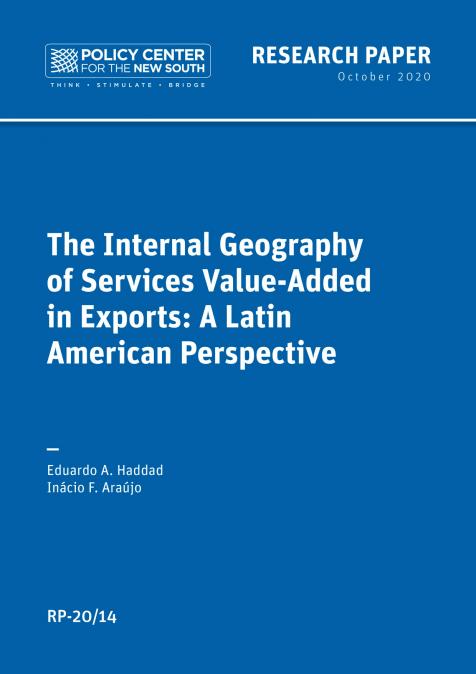Publications /
Policy Brief
This paper was originally published on t20brasil.org
The developing world is once again facing unsustainable sovereign debt levels that threaten to erase several years of progress on development agendas. The COVID-19 pandemic, Russia-Ukraine war, and high interest rates are the latest in a series of events that have contributed to the recent build-up of debt and raised the cost of debt financing for developing countries. The G20’s Common Framework (CF) for debt treatments is a welcome initiative but it has not been effective. Protracted debt negotiations reveal the challenges presented by new lenders, notably private creditors. Private creditors hold more than a quarter of the external debt stock, up from only 10 percent in 2010, and the cost of servicing private-sector debt makes up more than two-thirds of total debt-service payments. Absent a central sovereign bankruptcy regime, debt restructurings arrive too late, with elevated risk premia and high socio-economic costs. In support of the CF’s aims, we propose a G20-backed effort to incentivise private-sector participation in sovereign debt restructurings. The laws governing sovereign debt fall under a few jurisdictions, all of them in G20 countries who could enact legislation to encourage private-sector participation in debt restructuring. New York and U.K. lawmakers have already begun to propose such legislation. This policy brief elaborates on the deficiencies of the current architecture for sovereign debt restructuring and proposes that the G20 develop a framework to help harmonize and strengthen domestic sovereign debt restructuring laws.











